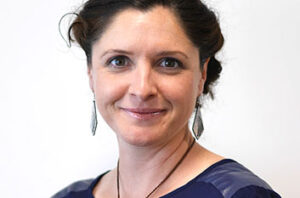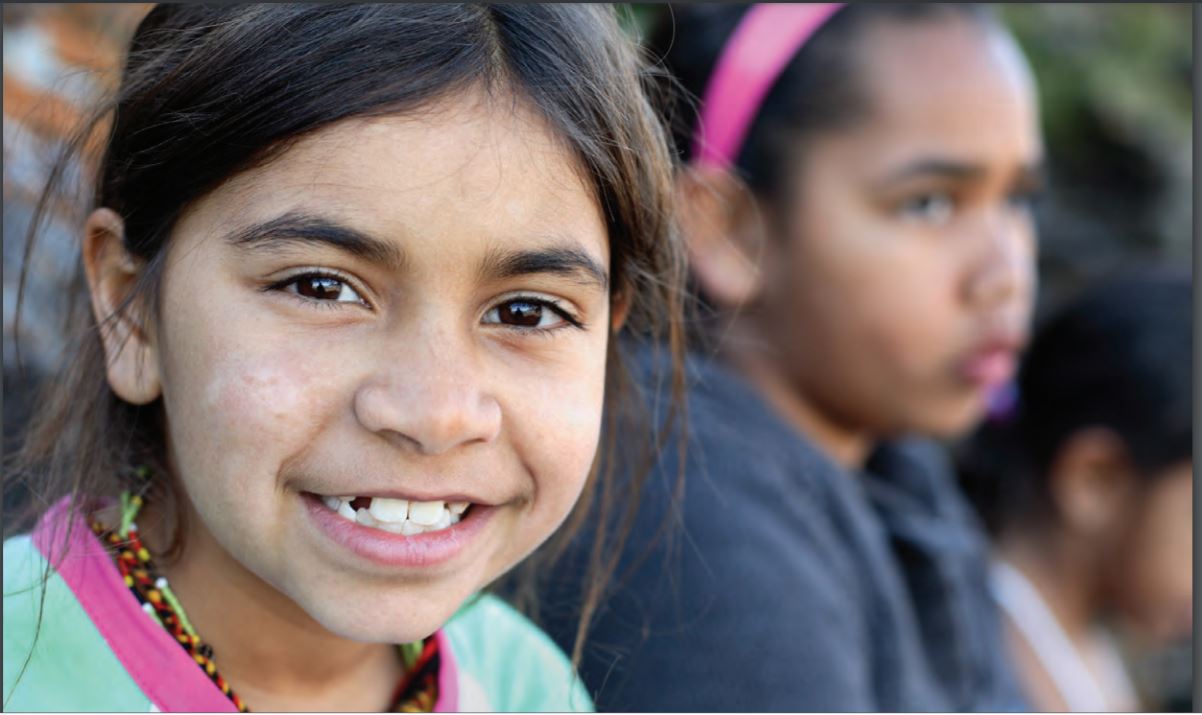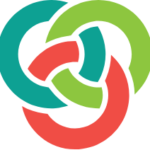REBECCA GOODHUE, ARACY (Australian Research Alliance for Children and Youth)

Rebecca Goodhue is the General Manager, Capacity Building with the Australian Research Alliance for Children and Youth (ARACY) which was kicked off in 2002 by former Australian of the Year and Epidemiologist Professor Fiona Stanley.
It’s a not-for-profit, independent non-political organisation with a national focus and broad remit to improve the wellbeing of children and young people.
The Nest Framework
ARACY uses what’s known as the Nest Framework which focusses on six domains of wellbeing. “We look at all aspects of wellbeing from when babies are in utero up to 24 years of age. And when we talk about wellbeing we consider what a child or young person needs to be valued, loved and safe”.
The Nest Framework for the wellbeing of children and young people was born out of the voices of thousands of young people and developed over a two year period from 2012. It revolves around the principles of feeling valued, loved and safe and the six domains include:
1. Being loved and safe
2. Having material basics
3. Being healthy (emotional, mental and physical)
4. Learning
5. Participating – in decision, groups and society as a whole
6. Positive sense of identity and culture
Rebecca says ARACY exists to ensure that the decision makers at all levels, such as the various tiers of government, service providers and families have the best available information to make the best possible decisions to ensure the wellbeing of young people and their families.
“One of our strengths is pulling all the stakeholders together that need to be around the table. We don’t do anything by ourselves…. everything we do is a collaboration with our network and partners”.
The Nest has informed a new approach for community strengthening called The Common Approach which enables high quality conversations with children, young people and their families. It is focused on early intervention and ideally prevention.
“Regardless of your role or position description, if you have an ongoing working relationship with a child or a young person, at ARACY we hope, regardless of what sector or geographical area you’re from, that you will be able to have these high quality conversations around wellbeing.”
The Common Approach provides those using this approach with a holistic picture of wellbeing for all aspects of that young person’s life so that early intervention, or ideally prevention, happens before any crisis happens for that young person. Common Approach training is for anyone who deals with children either directly or indirectly. ARACY has delivered common approach training to a wide range of sectors including health, education and community service institutions both government and non-government. “Everything we do is evidence based and all our information and with the ongoing feedback we collect, we are constantly improving”.
The Common Approach and Mid Coast 4 Kids
Rebecca says ARACY is thrilled to be working in partnership with Mid Coast 4 Kids because “we both work holistically with children and young people to improve wellbeing across all aspects of their lives. We are training people within the Mid Coast area on the Common Approach so they can use it in their own community. It has to be long term and sustainable so beyond the funding, the training has built capacity into the local workforce, giving the local community true advocates and champions.”
Some of the types of professions ARACY has recently worked with include psychologists, Aboriginal support workers, allied health workers and music therapists. “When people do the Common Approach training it’s not new information necessarily, but what it does is allows people to put the jigsaw puzzle together and it’s like the glue that comes in and makes it stick. It justifies either the way I am working or the way I want to work and really puts a spotlight on that question. As a result of the Common Approach, families and children the person is working with get a more consistent and positive experience.”
Rebecca explains that the Common Approach helps those using it to reach in and identify needs and strengths much more quickly had they not been using it. It improves relationships between families and service providers. “It increases the speed in which the causes of behaviour are discovered when time is of the essence to getting an early intervention outcome. It also increases the levels of support for families and gives them what is needed whilst they play an active part.”
Mid Coast 4 Kids and ARACY are engaged in a three year research project embedding the Common Approach across the local service system. If you or your organisation would like to be in trained in the Common Approach, the training is currently available, free of charge. If you would like more information or to book, please message the page or email: katsamangosb@missionaustralia.com.au



